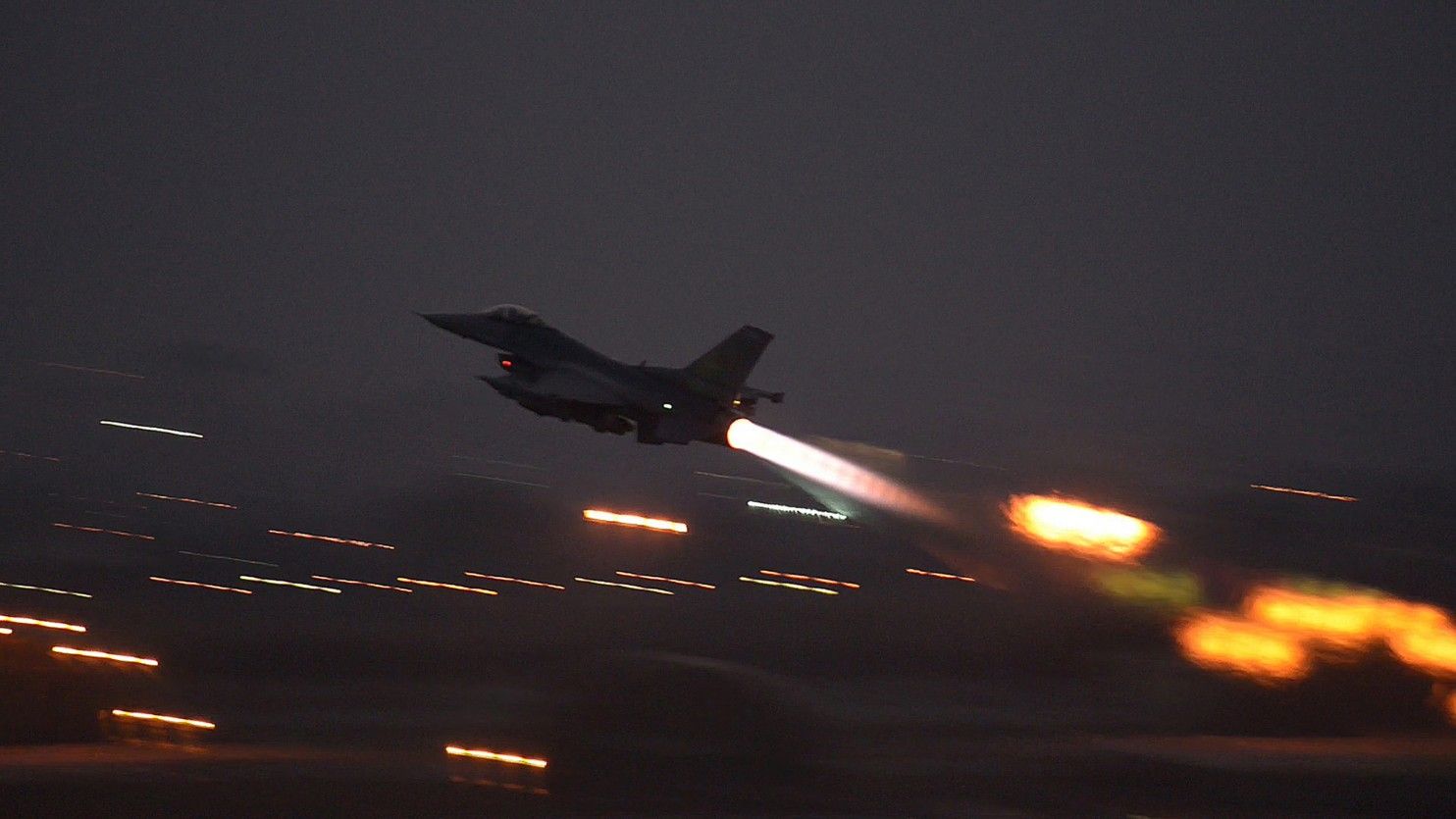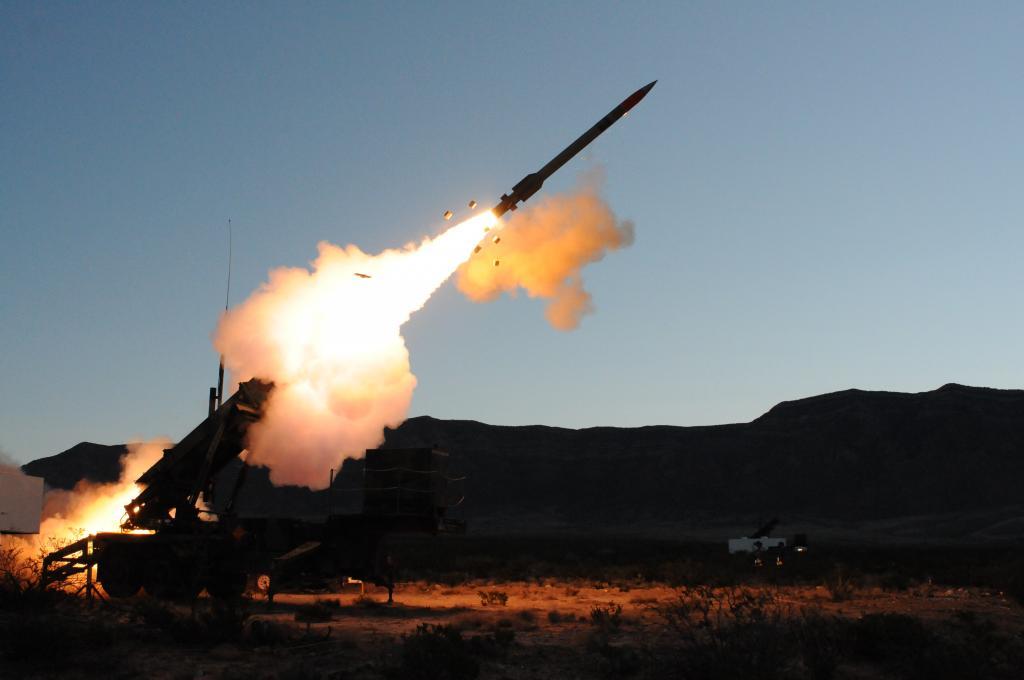The United States will send Apache attack helicopters and more troops to Iraq, US Defense Secretary Ashton Carter said in Baghdad Monday, as the coalition weighs retaking second city Mosul from the Islamic State group.
President Barack Obama hailed the 2011 withdrawal of American troops from Iraq as a major accomplishment of his presidency, but the US has been steadily drawn back into the country since IS jihadists overran swathes of territory in 2014.
Washington heads an international coalition that is carrying out strikes against IS and also providing training and other assistance to forces fighting the jihadists in both Iraq and neighboring Syria.
“We are going to bring in additional forces,” Carter said after arriving in Baghdad on an unannounced visit.
Pentagon spokesman Navy Captain Jeff Davis told reporters an additional 217 personnel would be deployed, bringing the official number of US troops in Iraq to 4,087.
Troops will also be authorised to advise Iraqis at the battalion and brigade level as opposed to the larger divisions, potentially exposing them to greater risks closer to the front lines.
Carter also said that the Apaches — which can respond “quickly” and “dynamically” when needed — will support Iraqi efforts to surround and eventually recapture Mosul from IS.
“They are being offered for the move on Mosul. It will be at the government of Iraq’s discretion as to whether or not they are deployed,” Davis said of the Apaches.
General Sean MacFarland, commander of the US-led operation against IS, later told reporters traveling with Carter that the US had not ruled out sending further troops at a later stage if the current boost proves insufficient.
“If the conditions are sufficiently favorable for us to go in and liberate the city (Mosul) with the forces that we have in hand, great. If they prove to be insufficient, that will be another assessment that we will make (about additional forces),” he said.
During his visit, Carter also pledged $415 million in assistance for the peshmerga forces of Iraq’s autonomous Kurdish region, which are fighting IS in the north.
The region has, like Baghdad, been hit by financial difficulties from low oil prices.
Political chaos
Carter’s visit comes after a week of political turmoil that has been a setback for Prime Minister Haider al-Abadi. The US defence chief has previously stressed the need to support the embattled premier.
Carter met with Abadi after arriving in Baghdad from the United Arab Emirates, his first stop on a Gulf tour during which he will seek to shore up support for Iraq.
He has said that “the success of the campaign against (IS) in Iraq does depend upon political and economic progress as well,” and that “it’s important that we continue to support (Abadi)”.
The premier has sought to replace the current cabinet of party-affiliated ministers with a government of technocrats, but has faced major opposition from powerful parties that rely on control of ministries for patronage and funds.
Abadi’s cabinet efforts were overshadowed by days of chaos in parliament, where lawmakers held a sit-in, brawled in the chamber and sought to sack the speaker.
The premier called on Monday for parliament to put aside its differences and do its job, saying he hoped a new cabinet would be approved “in the coming days”.
In addition to major security and political challenges, Iraq also faces a serious economic crisis caused by low oil prices and years of mismanagement and corruption by officials.
IS overran large areas north and west of Baghdad in 2014, but Iraqi forces have since regained significant ground from the jihadists.
Iraqi forces have begun preparatory operations in Nineveh province, of which Mosul is the capital, but the actual assault to retake the city is not expected for months, and possibly not until next year.
While most American forces in Iraq play advisory and support roles, Washington has also sent in special forces to carry out raids against IS.
Obama repeatedly pledged that there would be no “boots on the ground” to combat IS, but US forces are engaged in combat with the jihadists and two American military personnel have already been killed.











